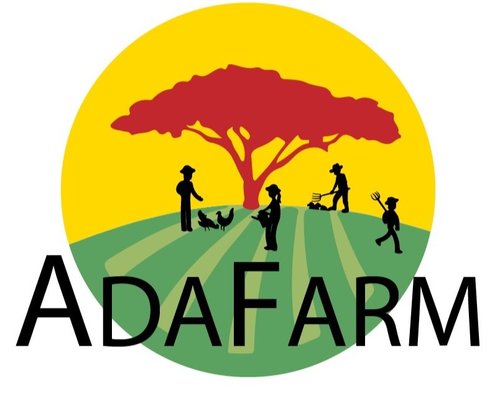
ReSET
Reiniciar la economía en apoyo del medio ambiente a través de la tecnología.

Comisión Europea - Acción Marie Skłodowska-Curie
Agricultura sostenible
Universidades de Edimburgo (UK), Eduardo Mondlane (Mozambique) y Autónoma de Madrid (Spain) y ONGs: Mozambique Sur, Bosque y Comunidad
Terminó en septiembre 2020
Las familias agricultoras de países como Mozambique se encuentran entre las más vulnerables ante el cambio climático. Mozambique es el décimo país con menor índice de desarrollo humano en 2018 según la ONU. Cuando llega una sequía o una inundación, las familias se encuentran en situaciones de crisis y el gobierno no tiene la capacidad de darles una protección adecuada.
Hay investigaciones y proyectos para estudiar qué prácticas agrícolas pueden cambiarse para mejorar la adaptación al cambio climático de los agricultores, tanto en Europa como en África. Lo que no se ha estudiado tanto son las posibles dificultades que puede haber a la hora de querer extender estas nuevas prácticas entre la población. Factores que pueden influir en ello son tanto aspectos a escala de familia (genero, educación, participar en asociaciones, etc.), aspectos institucionales (el funcionamiento de gobiernos locales y regionales, etc.), y las infraestructuras disponibles (carreteras, edificios, escuelas, puestos de salud, etc.).
Análisis de las opciones sostenibles de adaptación al cambio climático para pequeños agricultores del África subsahariana. En línea con los ODS, estas estrategias serían económicamente eficientes, ambientalmente sostenibles y socialmente equitativas.
Por otro lado, es importante transferir y escalar el proyecto a otras regiones para desarrollar estrategias de adaptación que mejoren la resiliencia de los pequeños agricultores al cambio climático.
El proyecto ha proporcionado conocimientos más novedosos para ayudar a desarrollar estrategias de adaptación al cambio climático por parte de gobiernos y otras organizaciones interesadas, y que en última instancia contribuyen a mejorar la vida de los pequeños agricultores.
Las familias agricultoras de países como Mozambique se encuentran entre las más vulnerables ante el cambio climático. Mozambique es el décimo país con menor índice de desarrollo humano en 2018 según la ONU. Cuando llega una sequía o una inundación, las familias se encuentran en situaciones de crisis y el gobierno no tiene la capacidad de darles una protección adecuada.
Hay investigaciones y proyectos para estudiar qué prácticas agrícolas pueden cambiarse para mejorar la adaptación al cambio climático de los agricultores, tanto en Europa como en África. Lo que no se ha estudiado tanto son las posibles dificultades que puede haber a la hora de querer extender estas nuevas prácticas entre la población. Factores que pueden influir en ello son tanto aspectos a escala de familia (género, educación, participar en asociaciones, etc.), aspectos institucionales (el funcionamiento de gobiernos locales y regionales, etc.), y las infraestructuras disponibles (carreteras, edificios, escuelas, puestos de salud, etc.).
Análisis de las opciones sostenibles de adaptación al cambio climático para pequeños agricultores del África subsahariana. En línea con los ODS, estas estrategias serían económicamente eficientes, ambientalmente sostenibles y socialmente equitativas.
Por otro lado, es importante transferir y escalar el proyecto a otras regiones para desarrollar estrategias de adaptación que mejoren la resiliencia de los pequeños agricultores al cambio climático.
El proyecto ha proporcionado conocimientos más novedosos para ayudar a desarrollar estrategias de adaptación al cambio climático por parte de gobiernos y otras organizaciones interesadas, y que en última instancia contribuyen a mejorar la vida de los pequeños agricultores.

Comisión Europea - Acción Marie Skłodowska-Curie
Agricultura sostenible
Universidades de Edimburgo (UK), Eduardo Mondlane (Mozambique) y Autónoma de Madrid (Spain) y ONGs: Mozambique Sur, Bosque y Comunidad
Terminó en septiembre 2020
Visita a los agricultores del proyecto ONG HELPCODE
Testimonio Mujer activista_Projecto ADAFARM


Reiniciar la economía en apoyo del medio ambiente a través de la tecnología.

Valor del seguro de la naturaleza: evaluación y demostración

Estimular la inversión del sector público y la implementación de soluciones basadas en la naturaleza (NBS) para la gestión del riesgo de inundaciones de agua